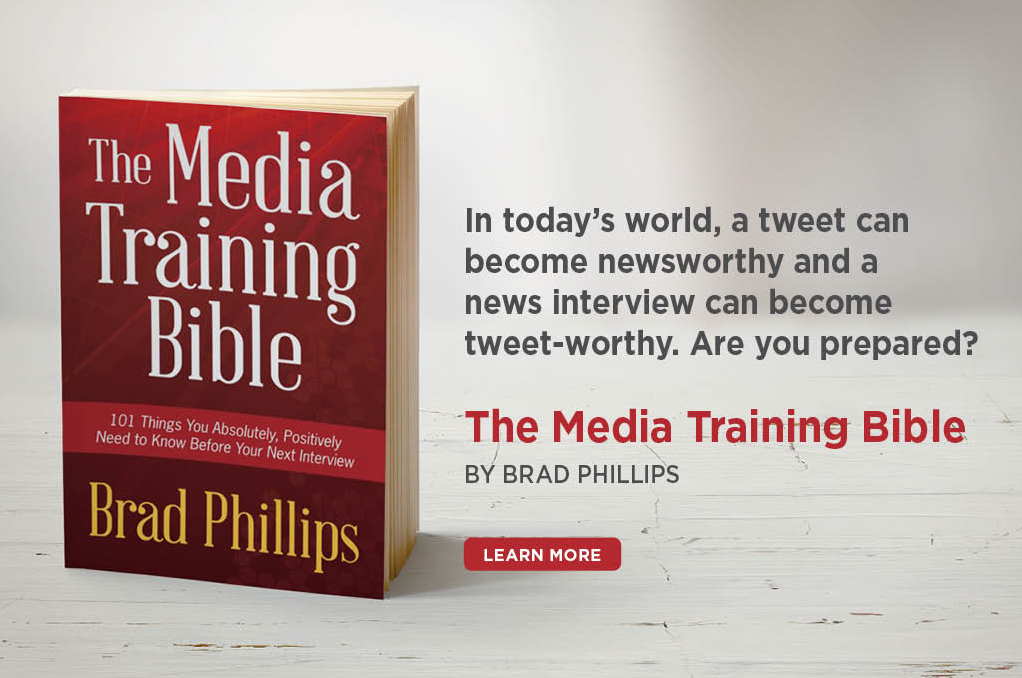The 11 Best Advanced Media Training Tips
Since starting this blog in August 2010, we’ve published dozens of advanced media training tips. Many of them have gotten buried over time, so I’ve gone back and selected the 11 posts that remain as useful today as they were when they were published.
I hope you enjoy this collection of advanced media training tips. If you do, I’d be grateful if you’d consider sharing it through your social media networks.
Without further ado, here are 11 of our best advanced media training tips!
Many companies, nonprofits, and government agencies encounter moments when they think it might be a good idea to place a specific tragedy into a larger context. Here’s a better idea.
2. Before You Can Convince, You Have To Connect
Many people representing a cause or political party are so intent on explaining their ideology that they fail to align their messages to their audience. They’d do better if they started with areas of agreement.
Can you survive a tough interview by running out the clock?
4. Answering All or Nothing Questions
When a reporter asks you if you can guarantee that something will happen “every time” or “never again,” you may have a tough time answering the question. Here’s an approach that works.
By reframing an issue and refusing to acknowledge the narrow frame the reporter drew around it, you might be able to get your key quote in the story.
6. Surviving a Tough Press Conference
Here’s a technique that will allow you to look open and transparent while limiting your exposure to the press.

7. Why the “Real” Answer Is Often The Best One
Some questions don’t have a great answer. But a lot of the time, the perfect answer has been sitting in front of you the entire time.
Adopting the language of your opponent’s most loaded charge can neutralize their strongest argument.
9. The Friendly Opponent Quote
Most people quote someone who supports their position. Sometimes, it’s even more powerful to quote a source the audience wouldn’t expect you to embrace.
10. Comment Without Commenting
Just because you shouldn’t ever use the words “no comment” doesn’t mean you have to reveal everything you know to every reporter who asks.
11. Be Boring
Should you ever “be boring” on purpose? Can “nice and dull” be a winning media relations strategy?
Want more tips? You’ll find 101 tips to better media interviewing in The Media Training Bible: 101 Things You Absolutely, Positively Need to Know Before Your Next Interview.




Adopting the language of your opponent’s most loaded charge can neutralize their strongest argument.